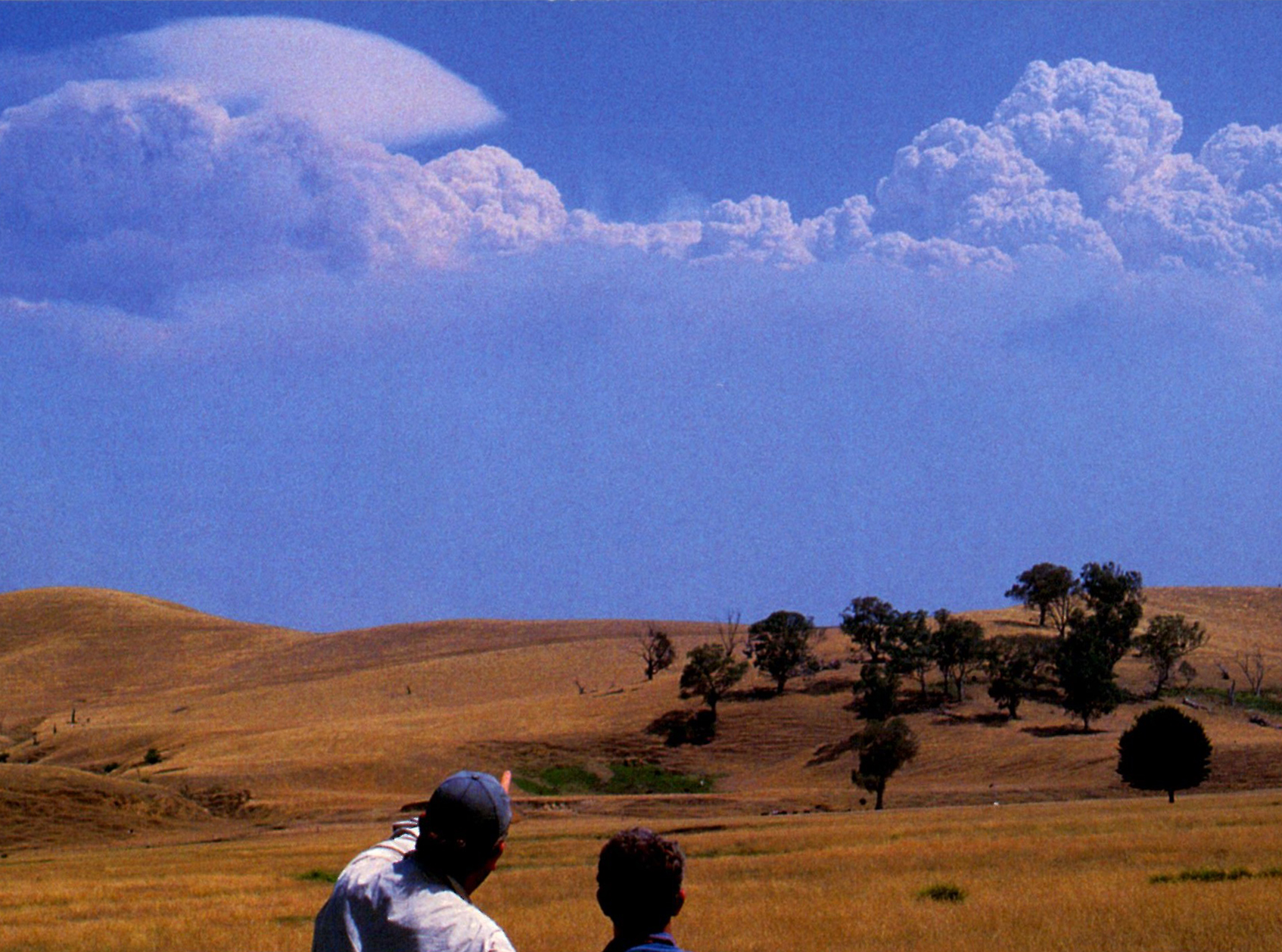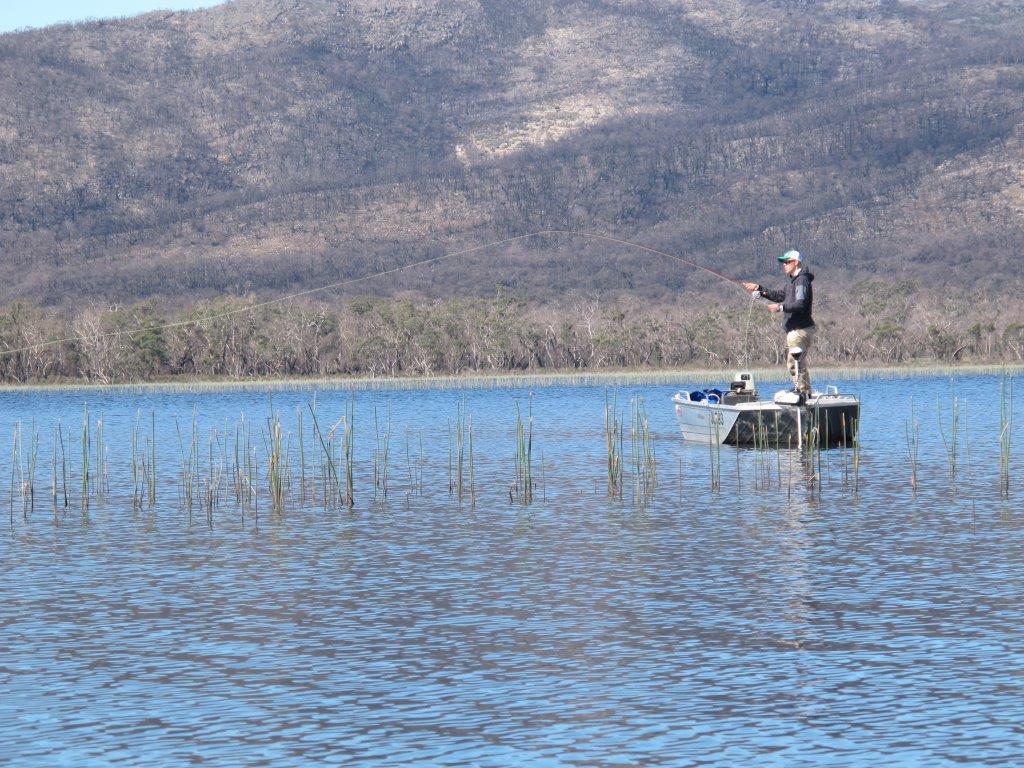
It's that fascinating time of year when trout fishing reports from friends, acquaintances and internet strangers come in thick and fast. In Victoria, the lake fishing is in full swing and the streams are just starting to catch up. Tasmania has been having some great days for a while now, most of New Zealand opened this month and we're slowly getting some news about the new season on the streams and lakes in New South Wales.
I read and listen to everything I can with great interest, yet anyone who does the same will notice a glaring fact: it is very rare for anglers to have the same experience - even on the same water at the same time. Despite the old joke about how you can tell when a fishermen is lying (his lips are moving) my strong sense is that most reports are honest. The two anglers on the same river or lake who report terrible fishing and great fishing respectively - even on the same day - are probably both telling the truth.
There are three likely reasons for the discrepancy. The first - and possibly the most obvious - explanation is simply a difference in skill and/or effort. The angler with the greater ability who fishes longer and harder, enjoys much greater success. Nothing unusual about that. The second reason is pure natural variation. Last weekend, two groups of anglers described to me their respective trips to Lake Wartook in the Grampians, just a day apart. I know the anglers in question well enough to appreciate that both groups have decent fishing ability, although both were relatively new to Wartook. One group saw lots of fish moving and caught a few. The other group saw two fish for the whole day and caught none. One credible explanation is the conditions changed from one day to the next.
The third explanation for the differences in reports is expectations, and this is where the human element really begins to diverge from cold hard fact. Recently, some friends fished Lake Crescent in Tasmania, which is regaining its former reputation for very big trout. The three of them fished for hours for no fish sighted except the one 5 pounder they caught (a mere baby!) Fortunately, they were well briefed just before they attempted their Crescent trophy mission. My friends ended up fishing the lake knowing that a lot of their success (or not) would come down to sheer number of casts, without much chance of encouragement from moving fish. Afterwards, they didn't report that Crescent was fishing poorly, merely that with only a couple of days in Tasmania, they didn't have the time or the inclination to flog a large, discoloured lake for the required number of hours.
 I had some wonderful fishing in the Snowys last season - just as well I didn't take all the reports as gospel!
I had some wonderful fishing in the Snowys last season - just as well I didn't take all the reports as gospel!Whatever the reasons for the variations in reports, it's important to understand that they're fishing reports, not comprehensive scientific surveys. I've had very good fishing in rivers where the angler consensus was the trout were all gone, and I've failed to catch trout on lakes where I've known from personal experience that they were plentiful. Trout are exceptionally good at remaining invisible, especially when they're not feeding (for whatever reason) or scared. Anyone who doubts the ability of trout to hide only has to watch how quickly a released fish vanishes. This is a temporarily disoriented trout that you have a perfect close up view of. Yet usually, it will vanish like vapour in a second.
Nor are trout very democratic - I recently heard of one NSW stream where dozens of anglers caught nothing, and one angler caught twenty! The dozens were convinced no trout were present, but clearly that wasn't the case. At best, reports of lots of anglers catching nothing might suggest the trout are difficult to catch, but they're rarely proof the trout are absent.
I wrote in my FlyStream magazine editorial a few issues back that I was concerned about the level of negative sentiment snowballing as a tougher than average trout season developed last year in north-east Victoria and the Snowy Mountains. As anglers were bombarded by reports of bad fishing, many either stopped going; or they went, but with low expectations. Of course the latter is hardly more likely to result in a fish caught than the former.
 Most of the high country in NSW & Victoria was incinerated in summer 2003 - now THAT was a bad season.
Most of the high country in NSW & Victoria was incinerated in summer 2003 - now THAT was a bad season.However challenging the fishing might have been in reality, there was no doubt in the minds of many that it was much worse. By later in the season, successful anglers could hardly be heard above the roar of negativity. Some were even describing 2013/14 as 'the worst season ever'; an extraordinary claim when measured against the drought years of 1967, 1982, 1997 and 2006 - or the huge fires of 2003, 2006 & 2009! But I will grant that last year was certainly the worst ever for negative reports, surely a product in part of the exponential efficiency of the information age.
I don't know what the rest of the 2014/15 season has in store - that assessment will have to wait until June! But for much of the country, the trout fishing season is off to a promising start. I do know that not everywhere will fish well all the time, and there is nothing wrong with reporting as much. What I hope we avoid this season is every tough fishing day being seen as further proof of some widespread disaster that doesn't actually exist. Otherwise we run the risk that flyfishers will again miss out on some great trout fishing; not because it isn't available, but because they believe it isn't available. And that would be a shame.












